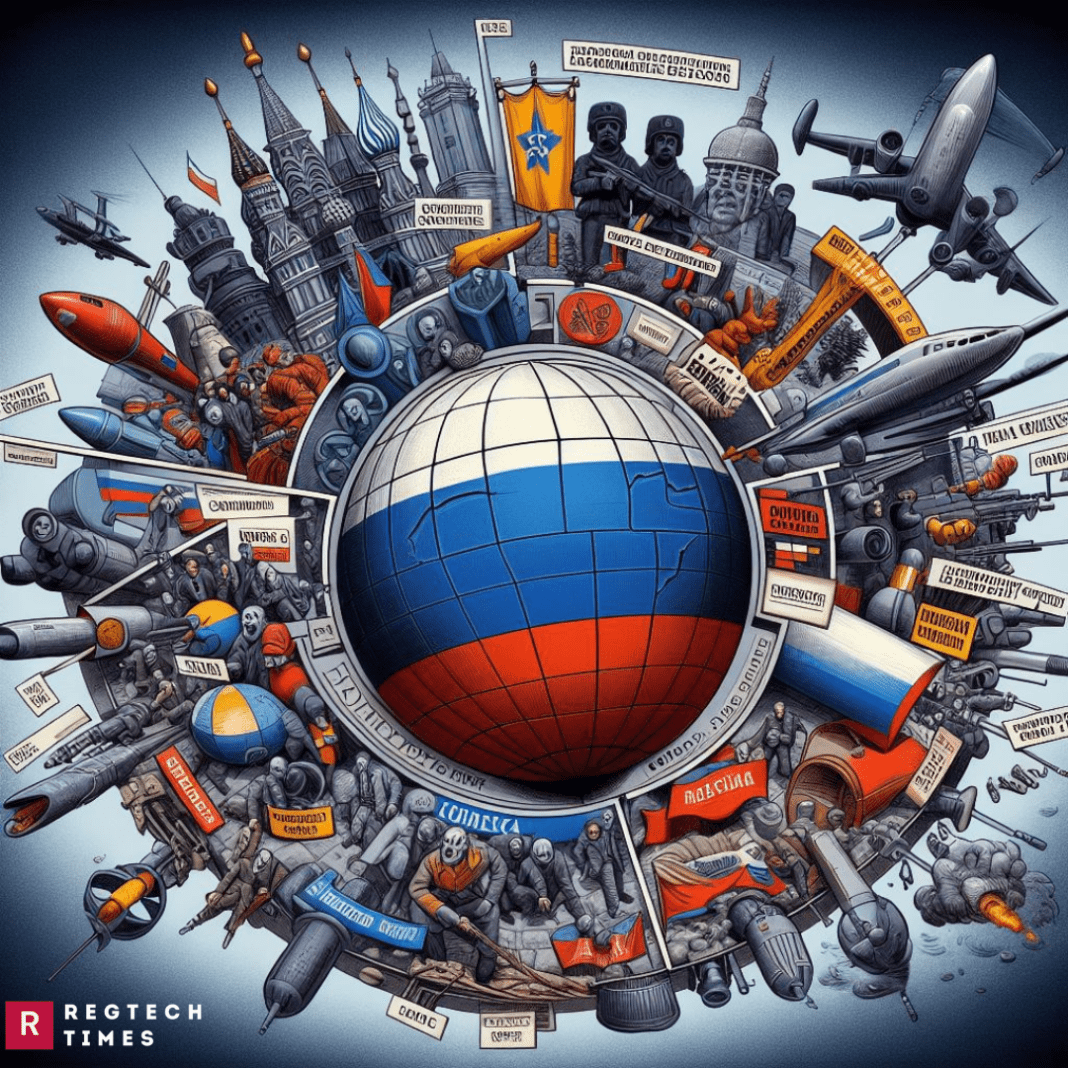Amid the ongoing conflict between Russia and Ukraine, the European Union (EU) is taking decisive steps to further punish Moscow. Proposed sanctions target economic sectors, political entities, and media outlets with ties to Russia, reflecting the EU’s determination to curb Russian influence within its borders. This article delves into the details of the proposed sanctions, their implications, and the broader context of EU-Russia relations.
Proposed Sanctions on Russian Political Funding
The EU’s executive body, the European Commission, is leading the drive to outlaw the acceptance of funds from Russia by think tanks, political parties, and other organizations. This move aims to disrupt the flow of Russian funds into European political circles, signaling the EU’s commitment to defending its democratic values and protecting sovereignty against external interference. By severing financial ties with Russia, the EU seeks to bolster its resilience against attempts to undermine democratic processes and sow discord within member states.
Economic Measures and Media Restrictions
In addition to targeting political funding, the proposed sanctions package includes economic measures such as banning the import of Russian helium and tightening export restrictions on rare-earth components. Furthermore, the proposal seeks to restrict port access for vessels suspected of aiding Russia’s military efforts in Ukraine. The EU also plans to ban four additional Russian media outlets from broadcasting in Europe, aiming to counter pro-Russian propaganda and combat disinformation. By imposing economic sanctions and media restrictions, the EU aims to weaken Russia’s ability to exert influence and manipulate public opinion within the European sphere.
Crackdown on Russian Disinformation
European Commission Vice President Vera Jourova emphasized the necessity of sanctioning media outlets accused of spreading pro-Russian disinformation. The move comes amid rising concerns about Moscow’s efforts to influence European elections and undermine democratic processes. France and other EU member states have urged the bloc to take decisive action against Russian interference in electoral affairs. By targeting media outlets engaged in spreading propaganda, the EU seeks to safeguard the integrity of its democratic institutions and protect citizens from manipulation and misinformation.
Challenges and Negotiations
The proposed sanctions package is expected to face rigorous debate and negotiation among EU member states before unanimous adoption. Previous rounds of sanctions have required extensive deliberation, reflecting diverse interests within the bloc. Member states must balance the imperative to confront Russian aggression with concerns about potential economic repercussions and diplomatic ramifications. Nevertheless, the EU’s willingness to confront Russian aggression demonstrates solidarity and determination to defend European security and stability.
EU’s Commitment to Upholding Democratic Values
As the situation evolves, the EU remains vigilant in monitoring and responding to Russia’s actions in Ukraine and beyond. Diplomatic efforts to find a peaceful resolution to the conflict continue, but the EU stands ready to impose further sanctions if necessary. Amid ongoing challenges, the EU reaffirms its commitment to promoting peace, stability, and democratic values in Europe and beyond. By upholding democratic principles and standing firm against external threats, the EU seeks to strengthen its resilience and safeguard the security and prosperity of its citizens.
Conclusion
The European Union’s proposed sanctions against Russia represent a bold response to Moscow’s aggression in Ukraine and its attempts to influence European affairs. By targeting political funding, economic sectors, and media outlets with ties to Russia, the EU aims to safeguard its democratic institutions and protect against external interference. As negotiations unfold and member states deliberate, the EU’s commitment to upholding democratic values and defending sovereignty remains unwavering. The proposed measures underscore the EU’s resolve to confront Russian aggression and promote peace, stability, and resilience in Europe. In the face of ongoing challenges, the EU stands united in its determination to safeguard the security and integrity of the European continent.



